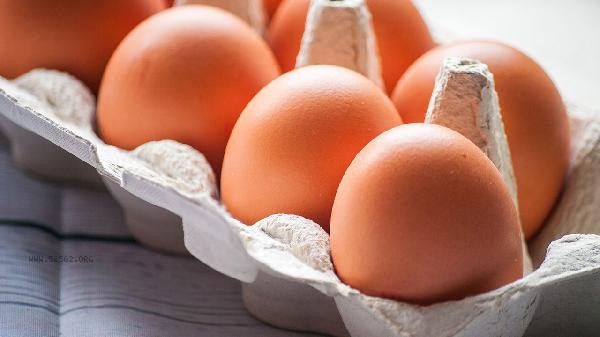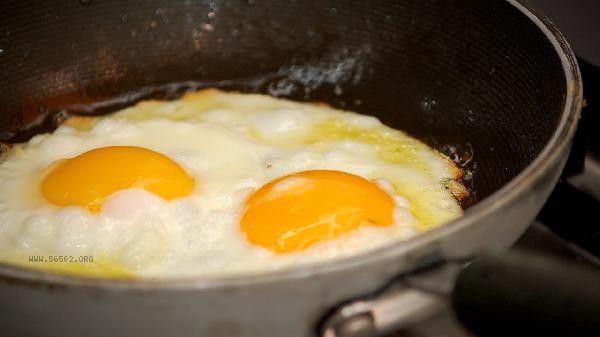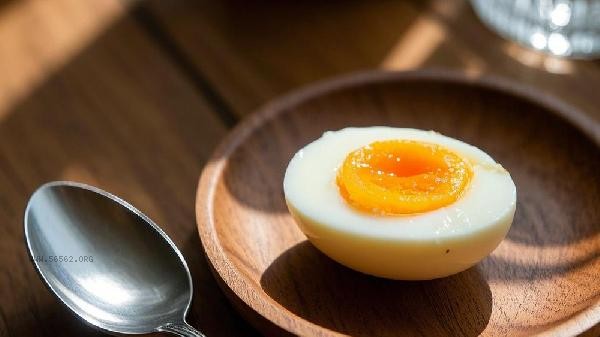Steaming and boiling eggs each have their own advantages. Steaming is better when digestive function is weak, and boiling is more appropriate when quick nutrient supplementation is needed. Steamed eggs have a finer texture and less nutrient loss, while boiled eggs have a higher protein absorption rate and are easy to carry.

Steamed eggs use water vapor to evenly heat the egg white, reducing the loss of vitamin B at a lower solidification temperature. The lecithin structure in the egg yolk is more complete, making it suitable for the elderly, children, and postoperative recovery population. The water infiltration during the steaming process makes proteins easier to decompose, reducing the burden on the gastrointestinal tract. However, it is important to seal the container to avoid honeycombing in the egg custard. Paired with shrimp or tofu, it can enhance calcium absorption and retain more lutein within 10 minutes by controlling the heat.

Boiling eggs involves direct heat transfer through boiling water, resulting in more thorough protein denaturation and a digestion and absorption rate of over 90%, making it suitable for fitness and muscle building needs. Boiling with a shell can isolate oxygen and reduce the oxidation of vitamin E, while increasing the bioavailability of iron in fully cooked egg yolks. Boiling in cold water for 8 minutes can balance safety and nutrition. Excessive boiling can cause sulfides to combine with iron to form a grayish green film. After peeling, consume it promptly to avoid bacterial growth on the surface, and eat it with fruits rich in vitamin C to promote non heme iron conversion.

Fresh eggs should be used for cooking and stored in refrigeration for no more than two weeks. Eggs with cracks on the surface must be thoroughly heated. Patients with cardiovascular disease should consume no more than one egg yolk per day, and those with allergies should be observed in small doses for the first attempt. Supplementing dietary fiber with dark vegetables can avoid affecting mineral absorption when consumed with strong tea. Cleaning eggshells before cooking can reduce the risk of Salmonella contamination.









Comments (0)
Leave a Comment
No comments yet
Be the first to share your thoughts!